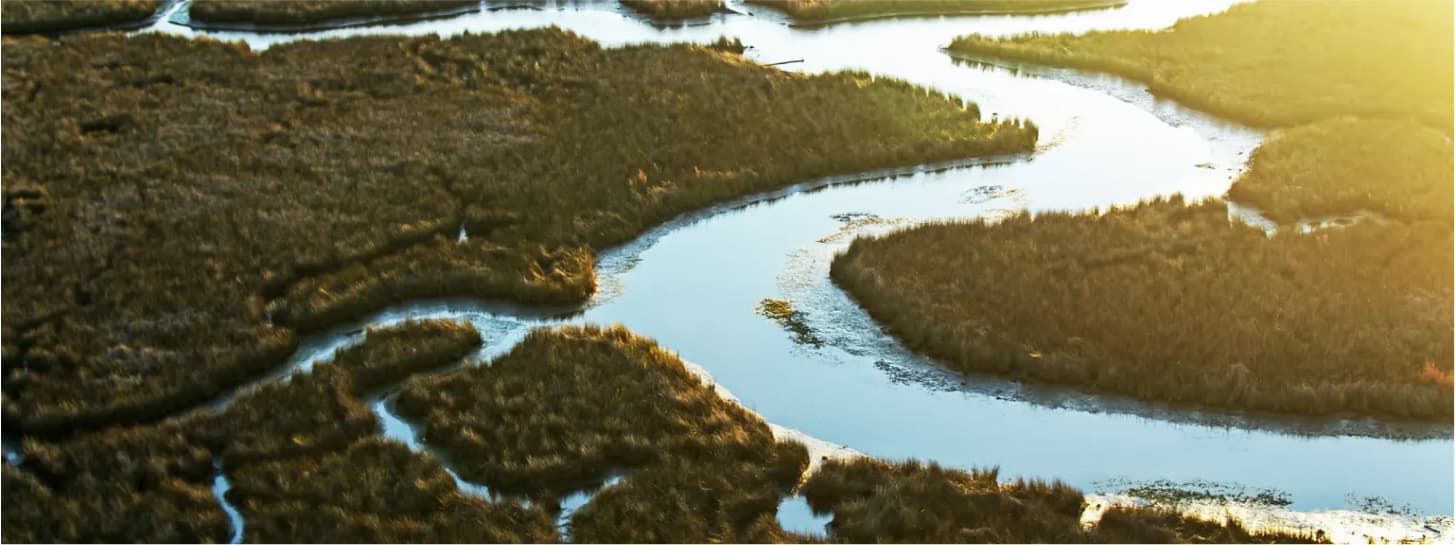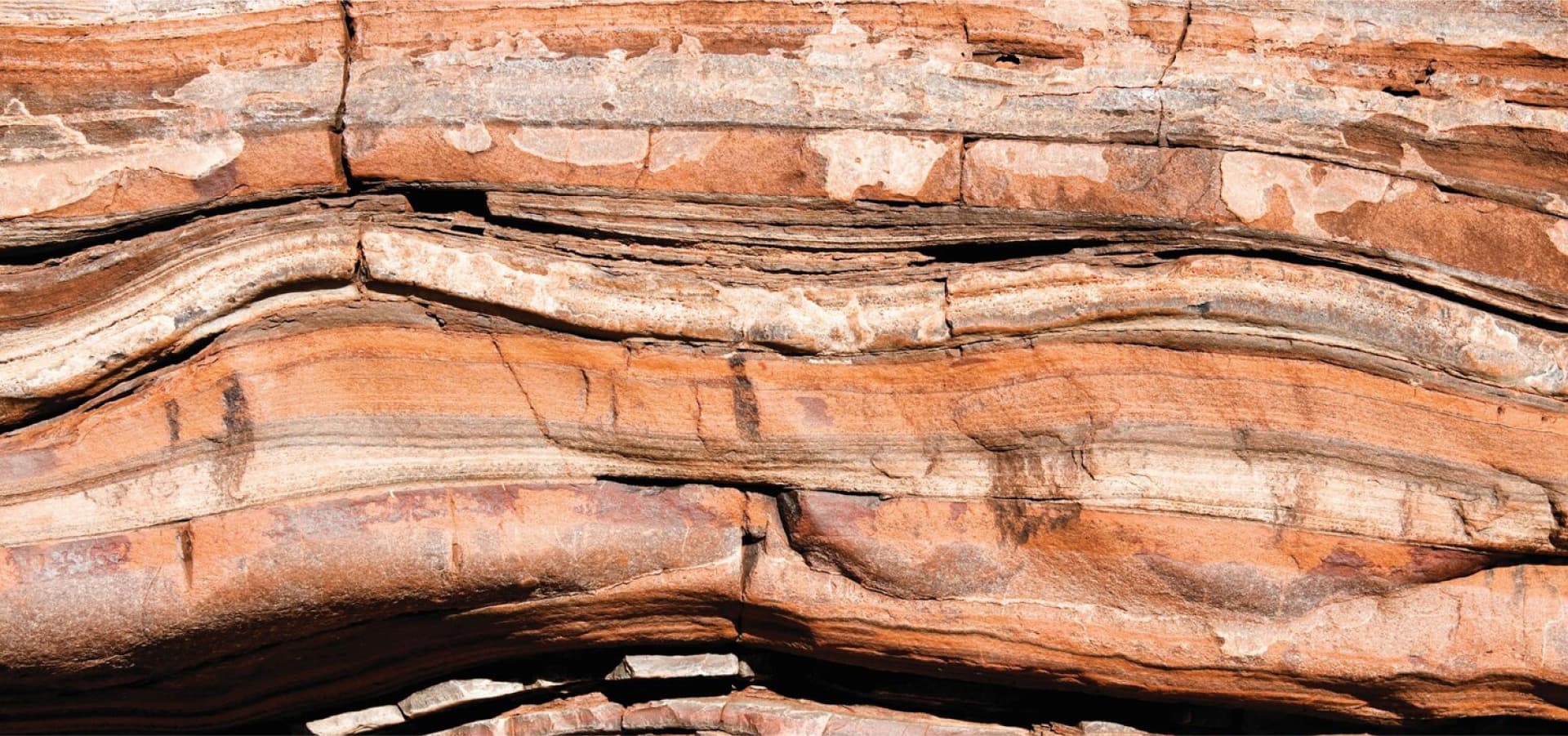
Working Groups
Working Groups
The general aim of the Working Groups is to closely follow developments in a specific area, attempt to exert influence to ensure that NICOLE's aims are met, and keep network members informed. Several Working Groups have been initiated and concluded upon delivery of results or when there is no longer a need for continued attention. The deliverables have been published by NICOLE and can be accessed in the Publications section. All members are welcome to propose new Working Groups that complement the existing range and bring value to NICOLE Members.
NICOLE membership grants you full access to the activities of the Working Groups. Working Group members have the privilege to download documents that are not yet available to the public, including meeting presentations, meeting minutes, draft reports, questionnaire outcomes, and more.
If you are a NICOLE member, you can express your interest in the Working Group's activities by informing either the Working Group leader or the NICOLE Secretariat.

1
Regulatory Working Group
Originating from successful Working Groups focused on the Groundwater Directive, Waste Directive, Soil Framework Directive, and Industrial Emissions Directive, the Regulatory Working Group has significantly contributed to the implementation of NICOLE's approach to risk-based remediation.
This Working Group facilitates NICOLE's engagement with Commission officials, develops position papers, and plays a vital role in preparing guidelines related to these Directives.
2
Innovation Working Group
Potential fields of interest:
- Field Technologies for assessment - rapid screening tools, new tools for new contaminants.
- CAD / GIS Technologies / Software - new CAD / GIS software to optimize data assessments and evaluation.
- Monitoring Data optimization - Techniques and systems to e.g. optimize operate & maintain (O&M) projects and more.
- Remediation Technologies - more efficient technologies for existing contaminants, new technologies for new types of contaminants.
- Finance Management Technologies / Software - financial tools to track, monitor and evaluate remediation reserves, spend, etc.
3
Working Group PFAS
The Working Group PFAS is an active Working Group, meaning members are actively involved and produce deliverables. The work is organised in 4 sub teams on the following topics: remediation technologies, analytical techniques, regulations and policy and characteristics and risk assessment. The members of each sub team are working on dedicated deliverables that add value to the NICOLE community.
A dedicated webinar series for NICOLE members is being organised end 2023- early 2024.
The start of this series is on 12 September 2023 with the webinar "PFAS 101 - demystifying the universe of 6 million chemicals (or is it 12 million?)" at 13:00-14:00 hrs CET.
If you want to participate in these webinars but are not a NICOLE member yet, please refer to the NICOLE community manager, Chayenne van Dijk.
4
Archive Working Groups
- Working Group Sustainable Remediation
- Working Group Operational Window
- Working Group H2020
- Working Group Emerging Contaminants
- Working Group Mercury
- Working Group Asbestos in Soil
